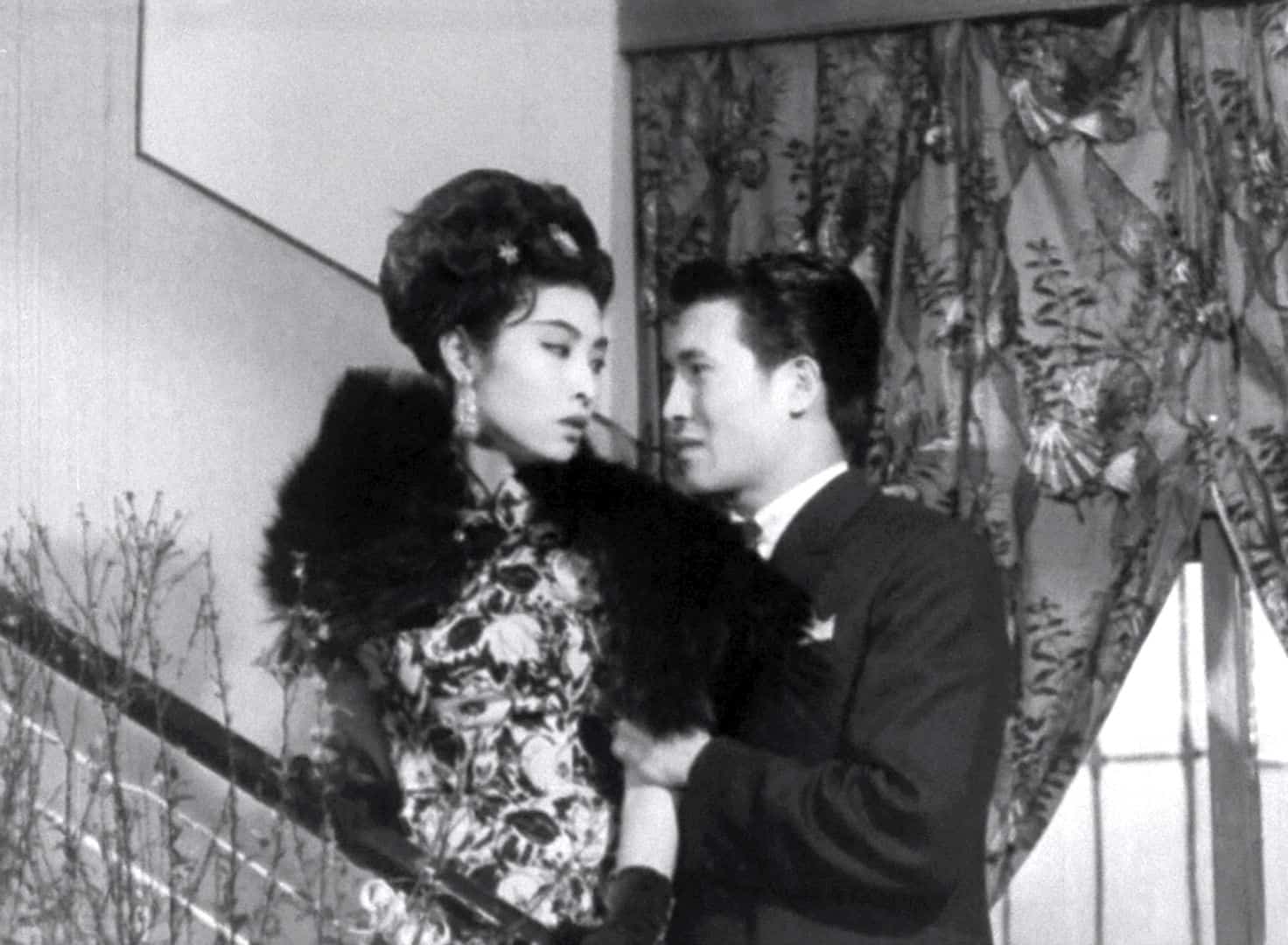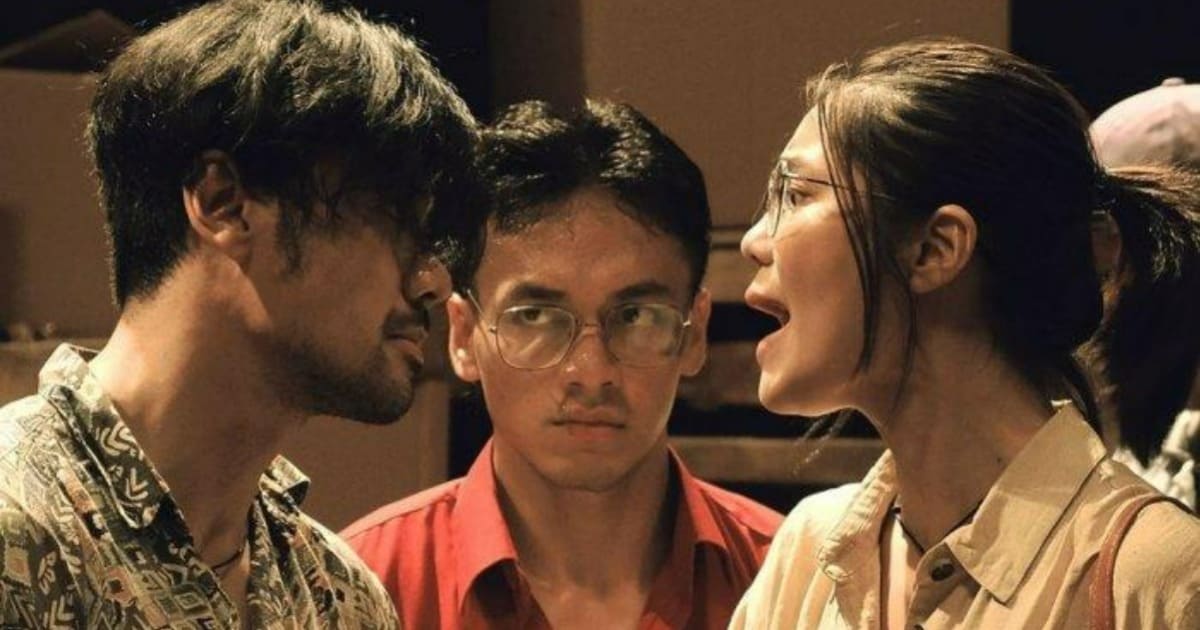After being mentored by Werner Herzog at the Rogue Film School in Munich, Faraz Ali now presents his debut feature, which evokes nostalgia in order to present a series of social comments.
Shoebox is screening at Indian Film Festival of Los Angeles

The death of her mother in a car accident when she was a child altered Mampu's life forever, and even more so, her relationship with her father, Madhav, who was already a man intently focuses on the single-screen theatre he owns. Years later, Mampu returns to Allahabad from Pune, where she is studying, to help her father with his illness. The trip, however, is also one down memory lane, as, through flashbacks, the young woman remembers her childhood and the days she spent in her father's cinema, and her relationship with a deaf classmate, Kaustabh, who was frequently bullied due to his situation while she acted as his protector. In the present, her father's business is on the brink of bankruptcy, since he has accumulated much debt and has no money to proceed with the necessary renovations in the building. A number of contractors are eyeing the plot, with Kamlesh a young man who is vying for an election seat, being the main advocate of tearing down the building, despite his connection with both Mampu and Kaustabh.

Faraz Ali directs a film that functions like a collage of many ideas, the majority of which are rather appealing. In that fashion, the nostalgia about the past glories of the single screen cinemas are juxtaposed with the reality of today, where multiplexes are the rule in the business. Mampu's ailing relationship with her father, both currently and in the past, is juxtaposed with the “adventures” she shared with Kaustabh during their days in the boarding school, in a way, that, again intersperses moments of the past with the present. Kamlesh's situation and his inner struggle between his goals and his true self add another narrative element, which is concluded with a series of documentary-like scenes, both in the theater and through a folklore band that sings songs about the pollution of the city and the situation it is in now.
With the exception of Kamlesh's arc, which feels somewhat disconnected from the rest of the narrative and rather lengthy, the rest of the arcs/episodes are quite intriguing, with Faraz Ali presenting his comments about in-betweenness, as mirrored in the changing city, the contradicting obsessions with the past and progress, father-daughter relationships, which are exemplified in the smoking scene, and friendship, through a rather entertaining approach. Particularly the connection of the two kids, and the way Madhav's resolve to not allow her friend to be bullied eventually led to violence, is great to watch, with the two child actors stealing the show every time they appear on screen. Furthermore, the whole movie benefits the most from Mahesh Aney's cinematography, which presents each era realistically, and through framing and coloring that points towards the atmosphere usually met inside cinemas.
On the other hand, the number of episodes here dulls the impact of most of the comments Ali wanted to make, with the movie frequently functioning as a collage of different ideas than a compact, fully concise narrative. This issue faults both the characters, making it quite difficult to empathize with them, even if both the theater and the city are essentially included in the “cast”, and the acting, which occasionally looks detached. Amrita Bagchi does her best to emote and create sympathy, but her character's indifference for the majority of things happening in the story, even about her father's situation after a point, eventually mirrors that of the viewer, who is very difficult to connect with anything that happens on screen, particularly outside the nostalgia about the past era of theaters. Jabeen Merchant's editing helps a bit in connecting the episodes together through their placement in the narrative, but their number is too big for everything to be presented adequately, at least in the 98m minutes the movie lasts.
In the end, “Showbox” definitely deserves a watch for its individual elements, but does not make much sense as a whole.















